AI-Powered Phishing: The Hidden Threat Targeting Your Small Business in 2025
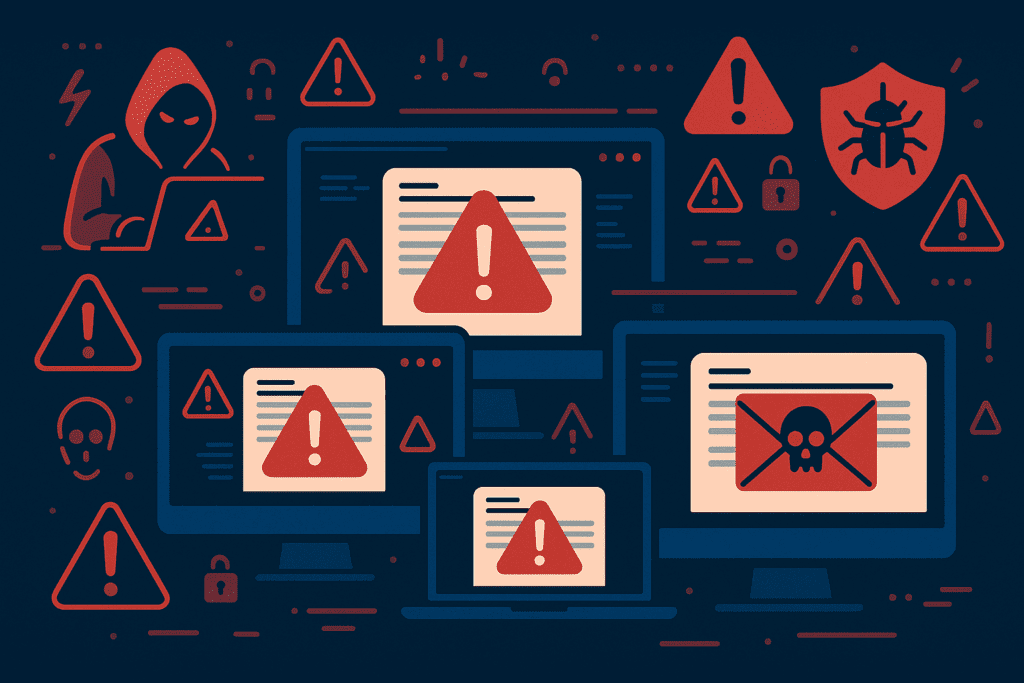

Article 1: AI-Powered Phishing: The Hidden Threat Targeting Your Small Business in 2025
The cybersecurity landscape has undergone a dramatic transformation in 2025, with artificial intelligence becoming the weapon of choice for cybercriminals targeting small and medium-sized businesses. AI-generated phishing is now the top email threat of 2025, outpacing ransomware and other traditional attack vectors. If your business isn’t prepared for these sophisticated attacks, you could be the next victim.
The AI Revolution in Cybercrime
Gone are the days when obvious spelling errors and awkward phrasing could help you spot a phishing email. AI has eliminated these telltale signs entirely. Cybercriminals now harness advanced generative models to craft highly personalized, believable scams at unprecedented speed. The FBI has officially warned that criminals are “leveraging AI to orchestrate highly targeted phishing campaigns,” producing messages tailored to individual recipients with perfect grammar and style.
The numbers are staggering: There has been a 1,265% surge in phishing attacks linked to the rise of generative AI tools like ChatGT. What once took human experts 16 hours to create, AI can now accomplish in just 5 minutes using 5 prompts. This explosive productivity allows attackers to create thousands of unique phishing variants with minimal effort.
Why Small Businesses Are Prime Targets
Small businesses have become the bullseye for these AI-enhanced attacks. 82% of ransomware attacks in 2021 targeted companies with fewer than 1,000 employees. The statistics paint a sobering picture:
- 46% of all cyber breaches impact businesses with fewer than 1,000 employees
- 43% of all cyberattacks in 2023 targeted small businesses
- Small businesses receive the highest rate of targeted malicious emails, with 1 in 323 being affected
- Employees of small businesses experience 350% more social engineering attacks than those at larger enterprises
The New Face of AI Phishing
Modern AI phishing attacks are characterized by several sophisticated features:
Hyper-Personalization: AI systems use advanced data scraping to develop phishing emails that reflect a victim’s recent activities, purchases, or social media interactions. 40% of BEC emails were found to be AI-generated, making them incredibly difficult to detect.
Perfect Grammar and Context: AI-crafted messages are virtually indistinguishable from legitimate communications. These attacks leverage information compiled from users’ own social media accounts, making them dangerously convincing.
Mass Automation: Attackers can now produce polymorphic campaigns where each email is slightly different to evade filters, all at unprecedented scale.
The Real Cost to Your Business
The financial impact of falling victim to these attacks can be devastating for small businesses:
- The average cost of recovering from a ransomware attack is $84,000
- 60% of small businesses that suffer a cyberattack shut down within six months
- Business email compromise resulted in $2.7 billion in losses in the previous year alone
- 32% of SMBs say just one day of downtime could shut them down
Protecting Your Business Against AI Phishing
Implement Multi-Factor Authentication (MFA): This is your first line of defense. Studies show that MFA reduces the risk of account compromise by 99.9%. Yet shockingly, only 46% of small businesses are using MFA, and 14% of SMBs don’t require multi-factor authentication.
Employee Training is Critical: Since 95% of cybersecurity incidents can be attributed to human error, regular security awareness training is essential. Train employees to recognize the new generation of AI-powered phishing attempts.
Advanced Email Security: Traditional spam filters are no longer sufficient against AI-generated phishing. Invest in modern email security solutions that use behavioral analysis and machine learning to detect sophisticated threats.
Incident Response Planning: Develop and regularly test an incident response plan. The average incident response cost for an SMB is approximately $325,000 before downtime or liability costs.
The Time to Act is Now
AI has given cybercriminals “near-limitless creative power,” and they’re using it to outthink traditional security measures. 83% of SMBs believe AI has raised the cybersecurity threat level, yet many remain underprepared for these evolving threats.
Your business cannot afford to wait. The sophistication of AI-powered attacks means that yesterday’s security measures are inadequate for today’s threats. By implementing robust security controls, training your team, and staying vigilant, you can protect your business from becoming another statistic in the growing epidemic of AI-powered cybercrime.
Don’t let perfect grammar fool you – the next phishing email in your inbox might be the most dangerous threat your business has ever faced.
For comprehensive cybersecurity solutions tailored to small businesses, visit rivia.io
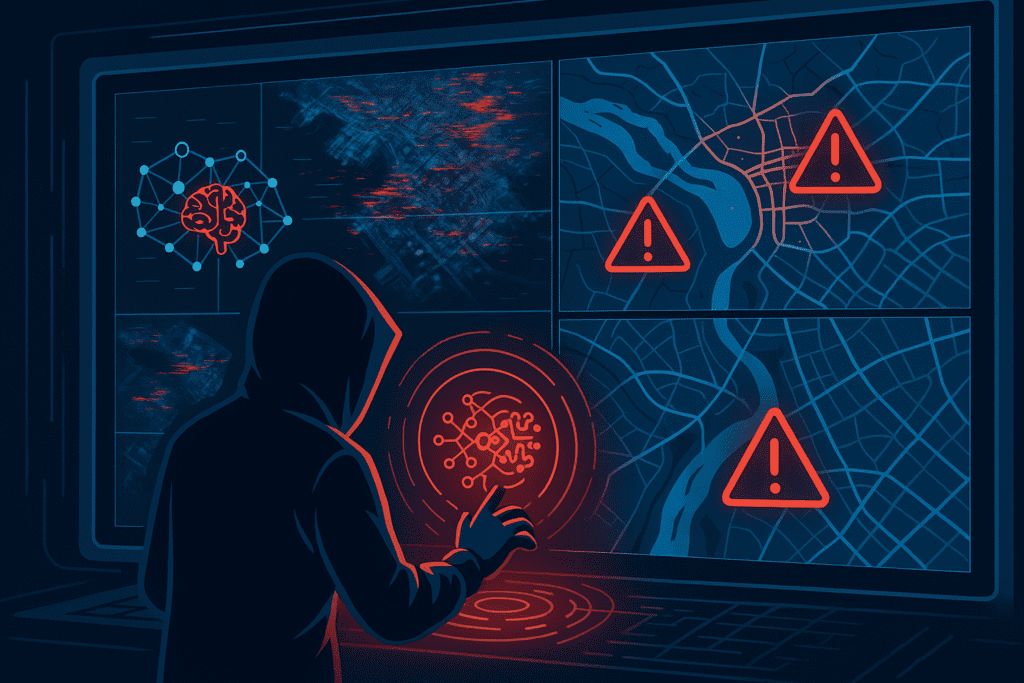

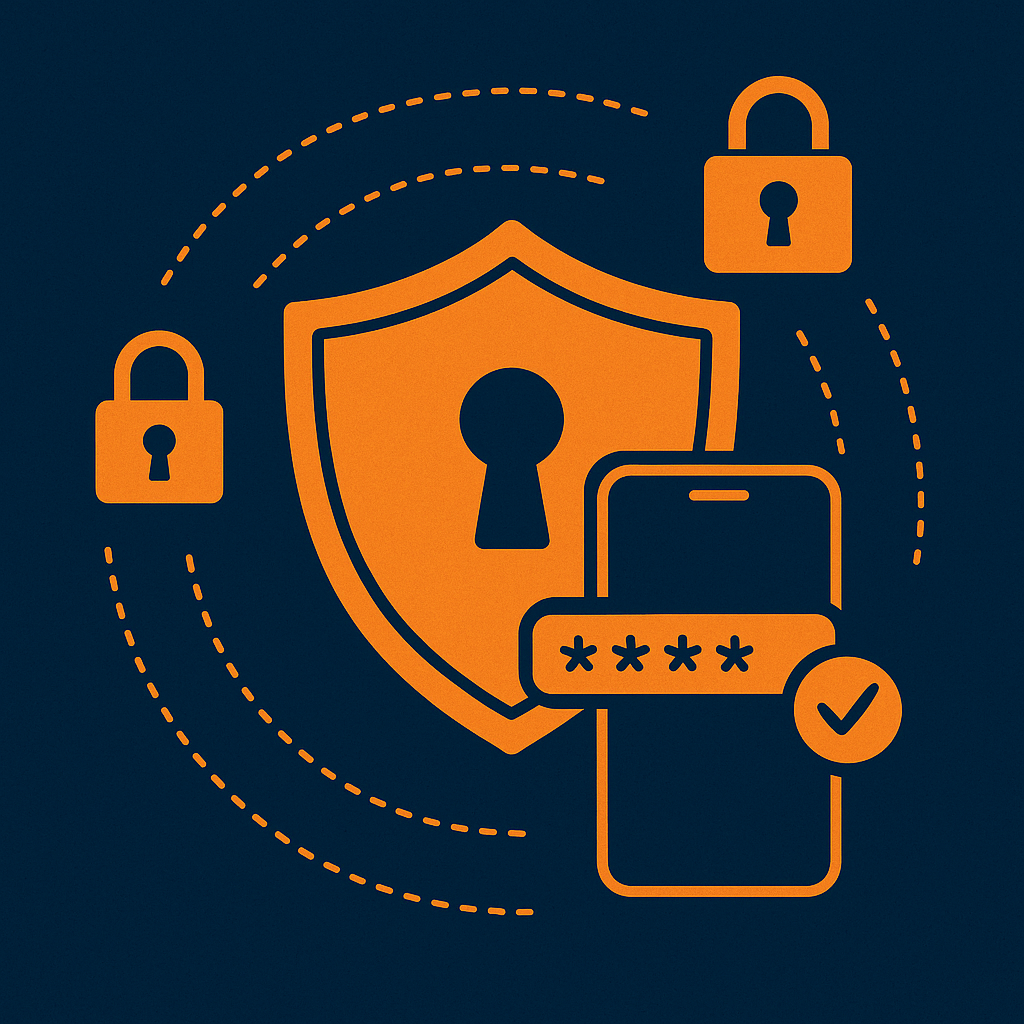
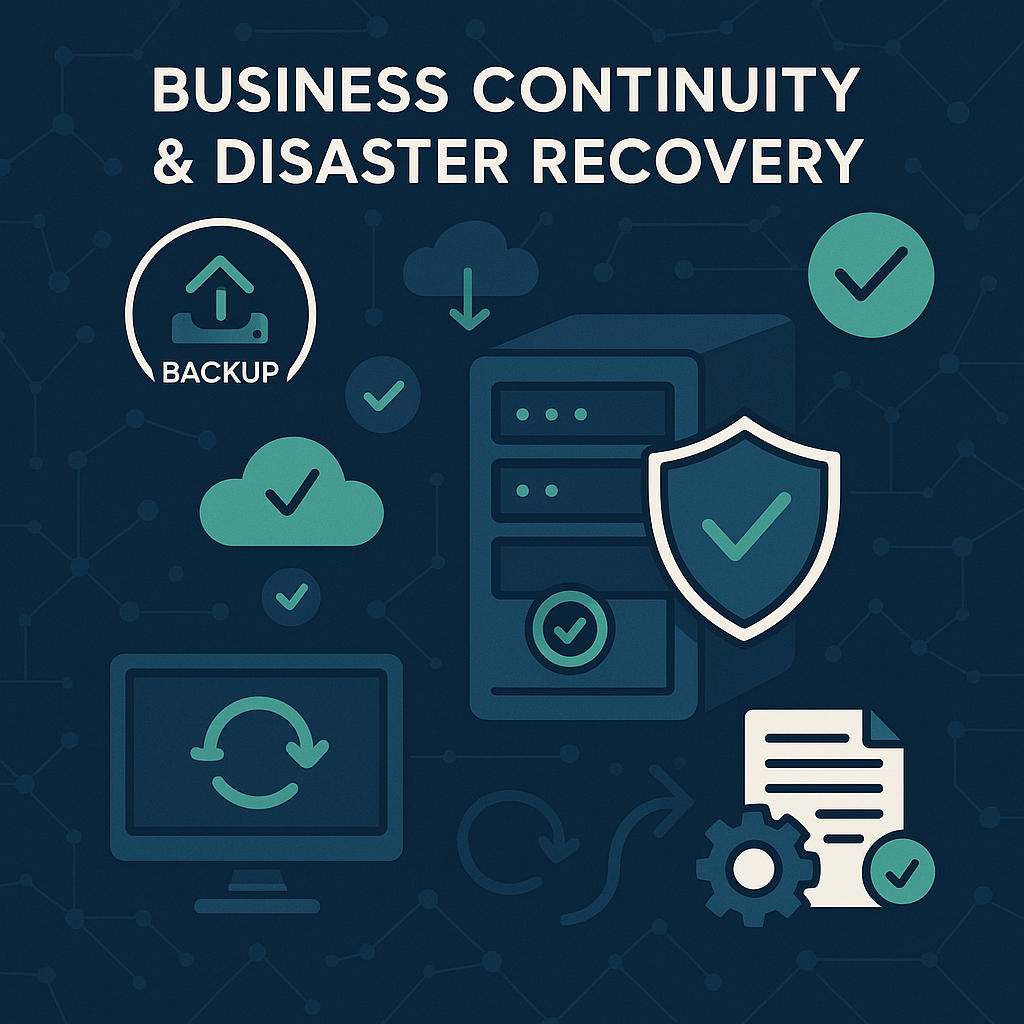
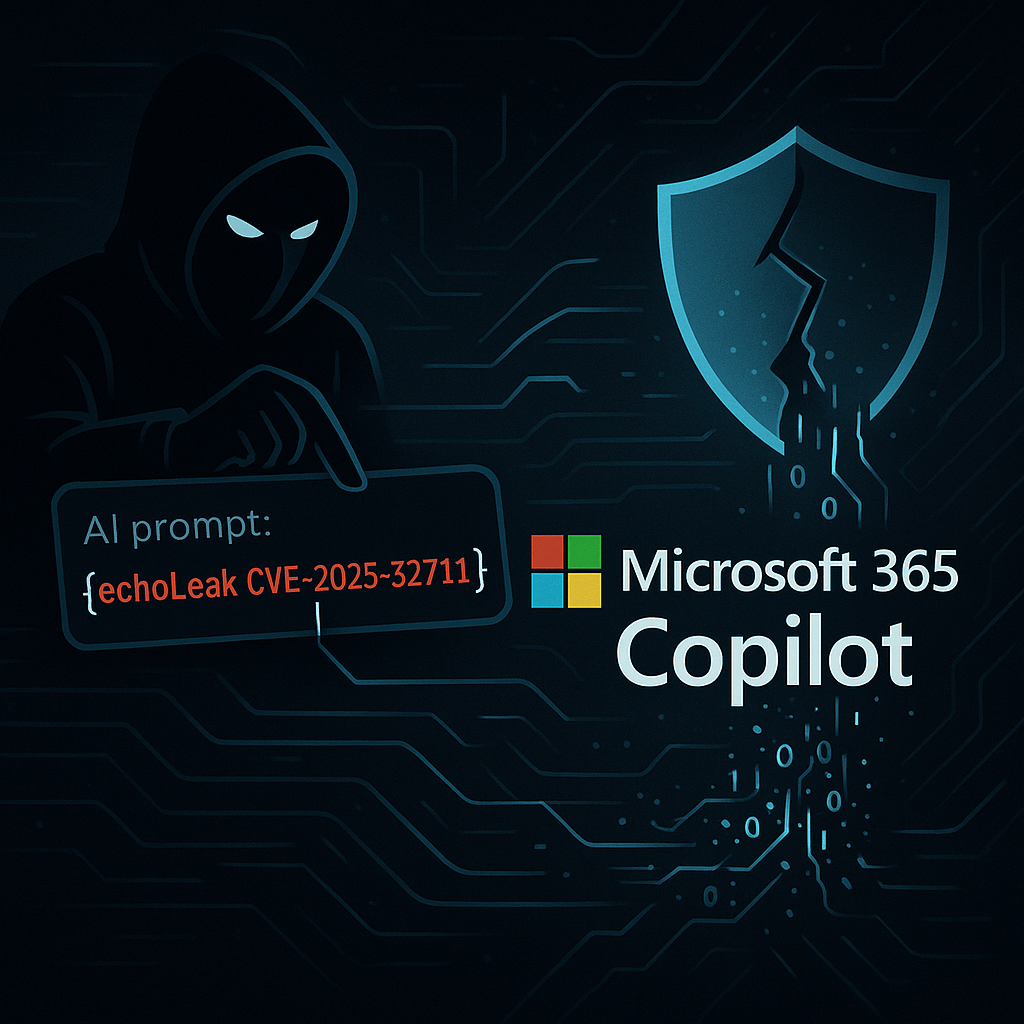
Responses